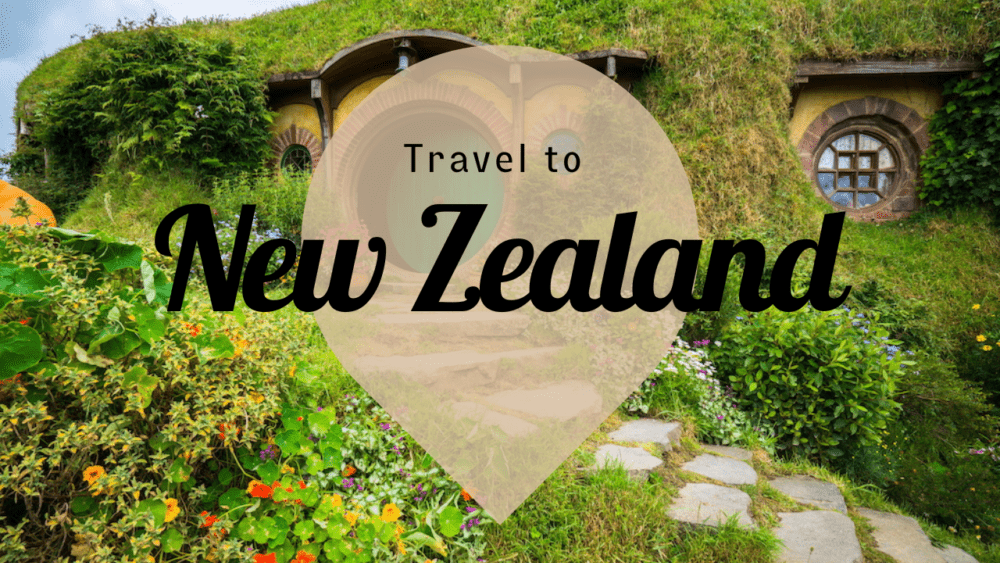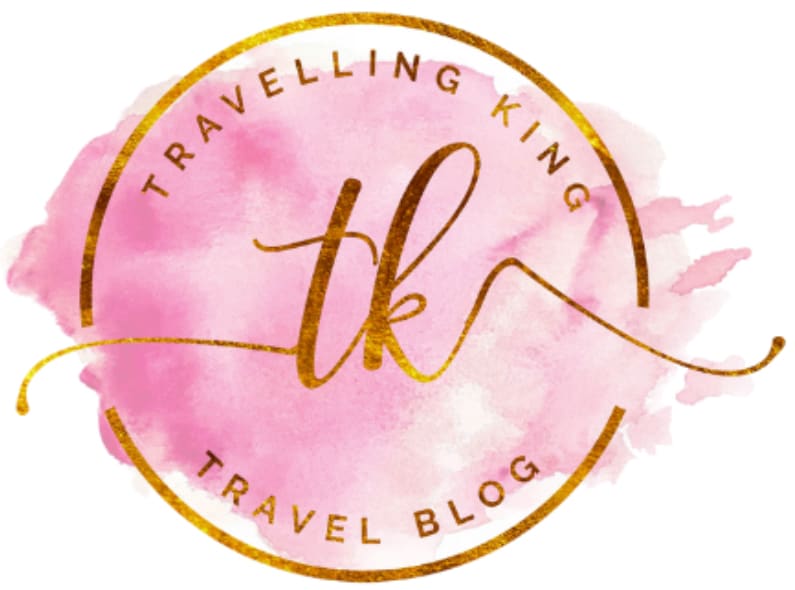Travel to New Zealand

Made up of two islands and hundreds of smaller islands, New Zealand is known for the indigenous Maori culture.
As well as stunning landscapes that include hot springs, waterfalls and snow-capped peaks.
Auckland is the largest city, with 1.5 million residents, while the much smaller Wellington is the capital.
The North Island is known for beautiful beaches and geothermal springs, while the South Island is best known for mountains and fjords, including the famous Milford Sound.
QUICK NEW ZEALAND FACTS
Currency: New Zealand Dollars can be withdrawn from ATMs throughout New Zealand, however keep in mind that smaller cities or towns may not have access to ATMs and its recommended to withdraw cash and take it with you.
Power Points: Most power points are the same as Australian power points (2 diagonal prongs), which is great for Australians and New Zealanders. I would recommend you take a Travel Adapter especially for non Australians.
Official Language: The official language of New Zealand is English and Maori.
Health: There are no major health concerns in New Zealand for travellers. I would recommend that you contact your doctor a few weeks before you travel as in some cases you need to start any medication a few days before your trip or you may need to get a vaccination.
Drinking Tap Water: The tap water is generally safe to drink, however, if you are unsure, make sure to ask your hotel receptionist or host.
Visa: If you plan to visit New Zealand for a short period, you need request a New Zealand Electronic Travel Authority(opens in new window) (NZeTA) before you travel.
Popular foods:
– New Zealand lamb (roast lamb, serves with roasted veggies).
– Fish and chips (fresh fish, coated in a crispy batter then deep fried, served with hot chips/fries).
– Whittaker chocolate (Whittaker’s peanut slabs, creamy caramel and jelly tip chocolate).
– Pavlova (pavlova is a cake-like block of baked meringue topped with fresh fruit and whipped cream).
When to go: The summer months of December to March are the best for travelling to New Zealand because of the long, sunny days and warm temperatures. They’re perfect for going to the beautiful coastline or taking advantage of all the outdoor recreation options, like mountain biking and hiking. The winter months of July to September are prefer for skiing in and around Queenstown in the South Island.
Articles on New Zealand
Looking for a particular destination, see below otherwise you can go to New Zealand Travel Guide to view current posts:
North Island of New Zealand
South Island of New Zealand

